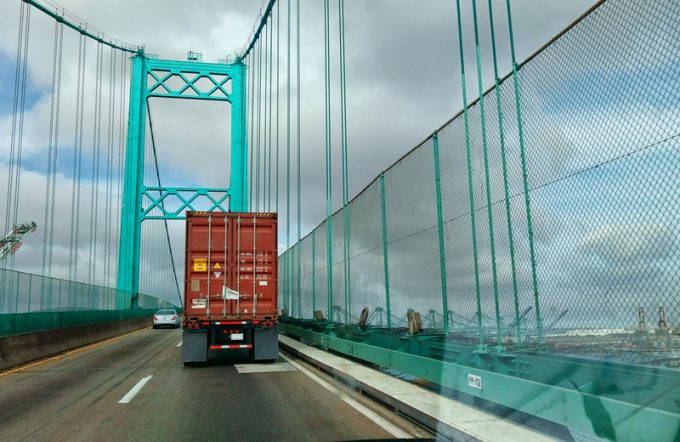US land transportation – shippers in charge for longer
Fast forward

The battle over the status of truck owner-operators in California is in limbo, after a court order shielded truckers, temporarily, from new state legislation introduced on 1 January.
US trucking firms gained the last?minute reprieve from the controversial Assembly Bill 5 (AB5) on 31 December, when ...
Keep our news independent, by supporting The Loadstar
Explosions and 'out-of-control' fire reported on Wan Hai box ship
Red Sea crisis has driven most new capacity into extended Asia-Europe trades
Carrier price hikes hold, driving spot rates higher as space gets scarcer
Crew forced to abandon ship in latest fire on vessel carrying EVs
The Loadstar Podcast | Transport Logistic and Air Cargo Europe 2025
Four crew members still missing as Wan Hai 503 continues to burn
Asia-West Africa ULCV deployment opens new markets for carriers

Comment on this article